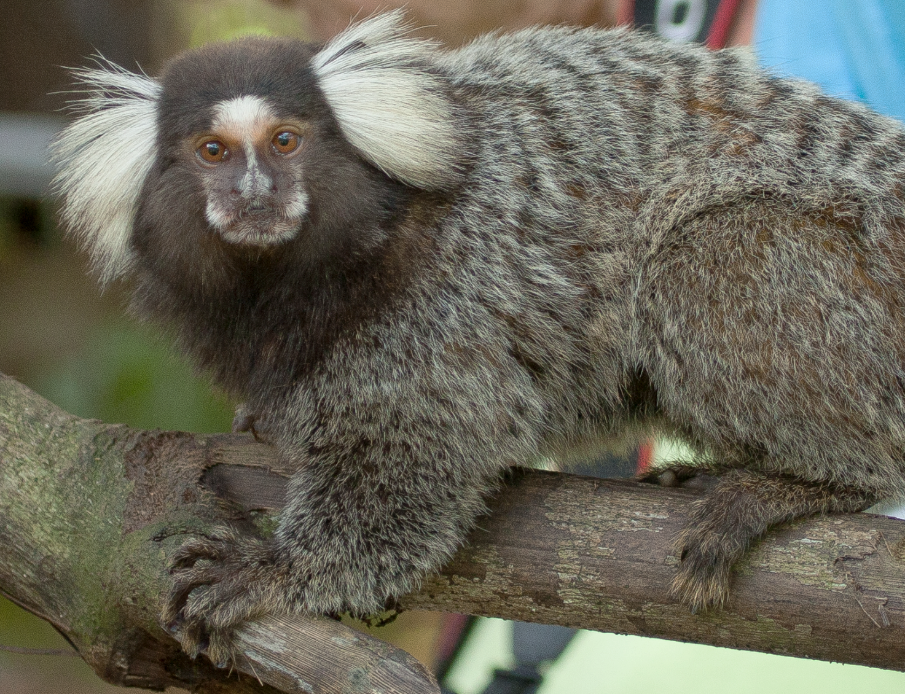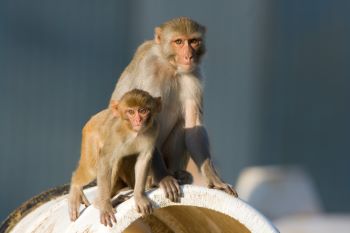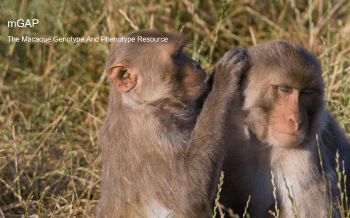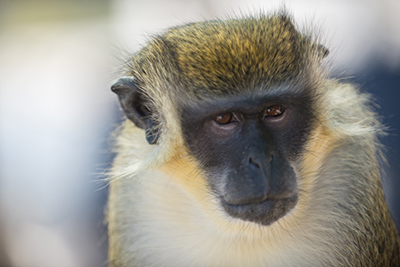New World Monkey Immunoreagent Resource
Grant Number: R24OD030215
 Research Emphasis/Objectives
Research Emphasis/Objectives
The main goal of this R24 project is to develop monoclonal antibodies (mAbs) that can be used in immunological assays for the identification and quantification of 10 biomarkers of inflammation and metabolism in the New World monkey (NWM) species marmoset (MAR, Callithrix jacchus), owl monkey (OLM, Aotus sp.), and squirrel monkey (SQM, Saimiri sp.).
Current Research
The general approach is to produce the recombinant MAR versions of the adiponectin, CD69, C-reactive protein (CRP), IL-4, IL-6, IL-10, IP-10 (CXCL10), granzyme B, and leptin biomarkers; immunize mice with these purified proteins; identify reactive mAbs and optimal antibody pairs; test antibodies for reactivity with OLM and SQM molecules; and develop immunoassays.
Services Provided
Samples of mAbs developed within the project, protocols, and reactivity tables will be made available for U.S. researchers. Currently, validated capture and detection antibodies have been identified for IL-10. Monoclonal antibodies for the other nine biomarkers have been produced, and validation is ongoing.
Contact Information
Department of Biology
School of Science, Engineering, and Mathematics
Trinity University
One Trinity Place
San Antonio, TX 782212
www.trinity.edu/sites/nwmimmunoreagents
Principal Investigator/Center Director
Luis D. Giavedoni, Ph.D.
Phone: 210-999-7245
lgiavedo@trinity.edu
Additional Contact
Jessica Callery, Resource Manager
Phone: 210-999-7243
jcalllery@trinity.edu
- Read more about New World Monkey Immunoreagent Resource
Log in to post comments







 Research Emphasis/Objectives
Research Emphasis/Objectives